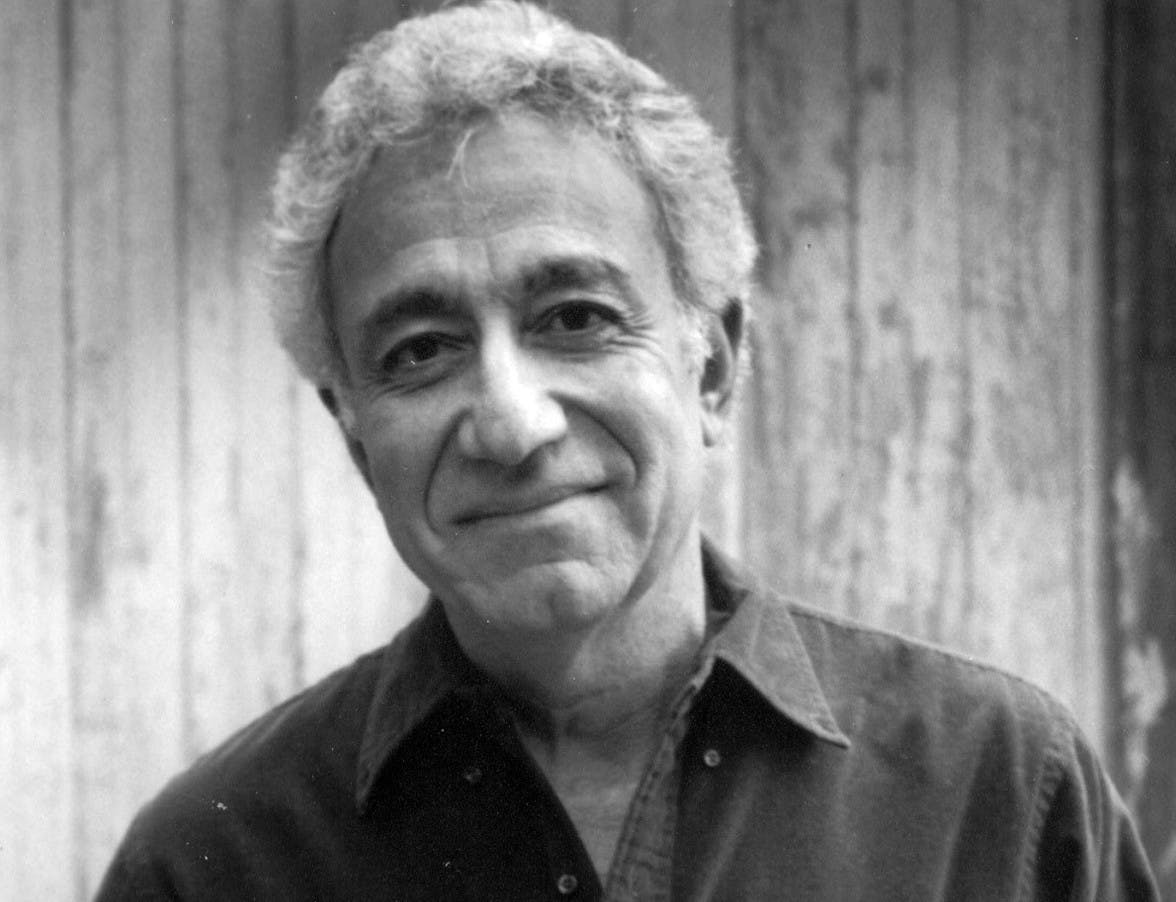Mike Rose, research professor in the UCLA Department of Education, has written a commentary titled, “What Vocational Education Students Need Today – But Aren’t Likely to Get Under Trump,” for The Washington Post.
Rose, whose 2005 book, “The Mind at Work”, focuses on the overlooked intelligence behind so-called “blue collar” jobs, says that educators and policy makers need to rethink vocational education or Career and Technical Education and its importance in the social and economic success of young people.
“One of the big educational challenges we’ve had for a very long time — and we have not done well with it at all — is how to provide a good general education for students in a vocational course of study,” Rose writes. “This failure reflects our larger cultural failures to bridge class divides and divides among subject areas in the school curriculum.
“… Educators and policy makers will need to engage in some pretty deep thinking themselves about the way students in a vocational course of study are typically exposed to the humanities, social sciences, and science,” he asserts. “Deep thinking… is also needed about our widely shared assumptions regarding the intellectual capacity of students who are drawn to vocational education.”
Rose states that under the Trump administration, “education will likely be defined in functional and economistic terms — as preparation for the world of work,” and cautions against continuing to stigmatize CTE with “our culturally received assumptions about people who are drawn to any of the pursuits that fall within CTE, hospitality to nursing to the construction trades. To borrow a phrase from labor journalist William Serrin, we need ‘to give workers back their heads’ and assume and encourage the intellectual engagement of students in the world of work.”
Rose writes that CTE students deserve the intellectual engagement of typically academic curriculum, including history, sociology, economics, and political science.
“The vocational student is often defined as someone who is either not interested in or not capable of dealing with ‘abstract’ or ‘intellectual’ questions like these,” Rose writes. “We find this kind of demeaning definition at play in early deliberations about vocational education in the United States. As opposed to college-bound students (overwhelmingly white and middle to upper class) who were ‘abstract minded,’ working-class and immigrant students were [considered] ‘manually minded’ – their brains functioned differently.
“The terminology has changed, but there is still the strong tendency among some policymakers and, sadly, some educators, to assume such cognitive limitation among vocational students. But students can dread the history or science textbook and have fits at the threshold of the classroom, but still be interested in history or science … or a host of other subjects when they are presented in a way that doesn’t conjure up the schoolhouse.”
Rose writes that, “The best CTE already helps students develop an inquiring, problem-solving cast of mind. But to make developing such a cast of mind standard practice will require… an excavation of the beliefs about work and intelligence that led to the separation of the academic and the vocational course of study in the first place.” He emphasizes that while students in CTE will learn the particular tools, techniques, and practices of their chosen fields, they also need to learn about the historical, social, and political contexts within which they will pursue careers.
“There are so many moments in vocational education where values, ethical questions, connections of self to tradition emerge naturally, and with consequence, ripe for thoughtful consideration,” Rose writes. “Surrounding such issues, influencing them at every level of working life, are the profound effects of social location, economics, politics… And overall we have done a poor job of supplementing vocational education with a substantial and relevant course of study in the social sciences, humanities, and the arts.”
Rose notes the numerous challenges to CTE practitioners, and writes that meeting these challenges “… will demand a deep examination of our cultural biases about intelligence, areas of study, and the purpose of schooling. Otherwise, the education of future workers will be cognitively narrow and politically passive, adding little more to the current curriculum than computer training and techniques of self-promotion.
“Teach computer skills and entrepreneurship but also educate young workers so that they have multiple skills and bodies of knowledge to draw on, so that they are able to analyze economic and social policies that affect their jobs and communities, and so that they can strive to create meaning in their working lives.”
To read, “What Vocational Education Students Need Today – But Aren’t Likely to Get Under Trump,” in The Washington Post’s “The Answer Sheet,” click here.
